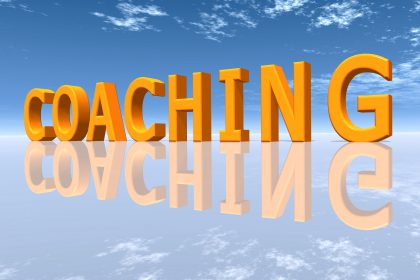A Code of Ethics is both important in establishing a trusting relationship between client and coach and also as a check-and-balance system for the involved parties. We might see this when a conflict of interest arises. We might encounter potential relationships with clients who may pose a difficulty to us personally or professionally, for instance addressing goals within an issue which exceeds our skill level. Similarly, the topic on which a client might want to be coached might go against our own personal beliefs or moral code, such as divorce or adultery. Whatever the case, a Code of Ethics helps us coaches assess whether or not we can effectively coach the said client. Because the lines of distinction are so often very thin and ambiguous, a Code of Ethics can provide a way for coaches to determine whether or not there is a conflict of interest, and if so, how to address that specific conflict with the client/sponsor while still maintaining a professional and appropriate level of integrity.
A less sensitive role, but equally as critical, that a Code of Ethics plays is to create a set of clear boundaries in a general sense. For example, defining the nature of coaching and the coaching process. It also provides the client with specific and necessary details about the policies within the coaching relationship and process, and outlines pricing, continuation of the coaching relationship, and other related logistics are covered in an agreement. This further supports the creation of trust and intimacy between client, sponsor, and coach.




